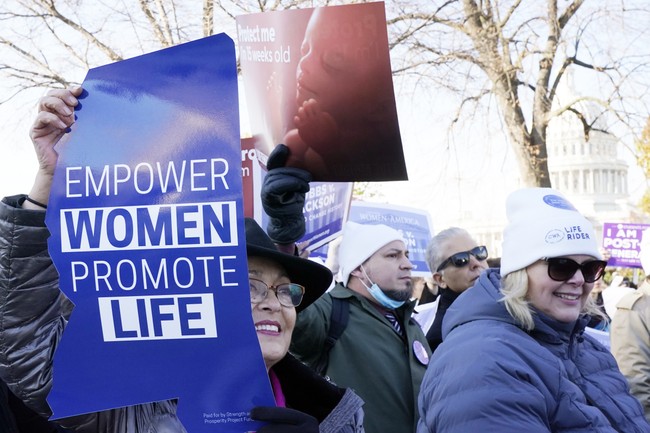


Every person lives inside a story. You may not write it down, but it’s there — a thread running through your life that explains who you are, why the world is the way it is, and what you must do about it.
And in that story, you are always the protagonist. For most people, that means being the hero — the good guy, the brave one, the victim who overcomes. A few cast themselves as villains or anti-heroes, but even then, they are the center of the tale, the one who matters, the one who sees what others don’t.
That’s the power of story: it doesn’t just describe reality, it shapes it. It gives meaning to suffering, courage to act, and justification for choices. Some stories are true, demanding honesty and courage. Others are lies, flattering us while hiding the cost.
But here’s the danger: not every story is true. Some are honest, grounded in reality, demanding courage and responsibility. Others are deceitful, flattering, or self-indulgent. Both kinds feel rich and powerful, but they do very different things.
An honest story gives hope; a deceitful story makes promises. An honest story helps you grow stronger; a deceitful story tells you someone else will make you better — the next drug, the next product, the next body modification. An honest story speaks to courage; a deceitful story whispers to fear.
And every story, honest or deceitful, demands a sacrifice.
False stories always demand the sacrifice of someone else. They protect the lie by pushing the cost onto others — neighbors, children, the vulnerable, even the innocent.
Every political fight is a battle of stories. Each side is saying, “Here is the hero, here is the villain, and here is the sacrifice required.”
If false stories sacrifice others, true stories demand that we sacrifice of ourselves.
The true story is the Hero’s Journey lived out. The hero doesn’t demand tribute from others; he lays himself down for their sake. Christ is the pattern: “Greater love hath no man than this, that a man lay down his life for his friends.”
An honest story asks you to give up what ought to be given up — selfishness, fear, pride, laziness. A deceitful story demands you offer up your neighbor, your child, or your community so the illusion can survive.
Remember, people don’t just believe things; they inhabit their own stories, often stories with detailed backgrounds, stories that are interwoven with those of other people, and stories that they are certain are their own myth. They believe they are heroes. This is why persuasion is so hard. In general, people defending transgenderism, abortion, “Free Palestine,” or any other ideology don’t see themselves as villains. They see themselves as heroes inside a powerful story — and heroes fight to the end.
You can’t usually break a story with argument alone. The facts don’t just contradict a position; they threaten the very narrative that makes someone the “good guy” in their own mind.
Simply exposing lies will not change the world. Instead, we must tell better stories — honest stories — that speak to courage instead of fear, to sacrifice of self instead of the sacrifice of others, to hope instead of hollow promises.
Because in the end, every story asks for a sacrifice. False stories demand others pay the price. True stories demand we pay it ourselves — and in doing so, become real heroes. While we may not be able to get through to others with an argument, we can show them how to identify a true story — and help them come to the correct conclusion themselves.
We live in a battle of stories. Some are honest, demanding sacrifice of self. Others are lies, demanding sacrifice of the innocent. The Left pushes false stories that flatter while destroying truth, freedom, and life. At PJ Media, we’re committed to telling honest stories — stories that demand courage, point to hope, and equip you to fight for what’s true. Join PJ Media VIP and help us tell the stories that matter, and use the code FIGHT for 60% off.
